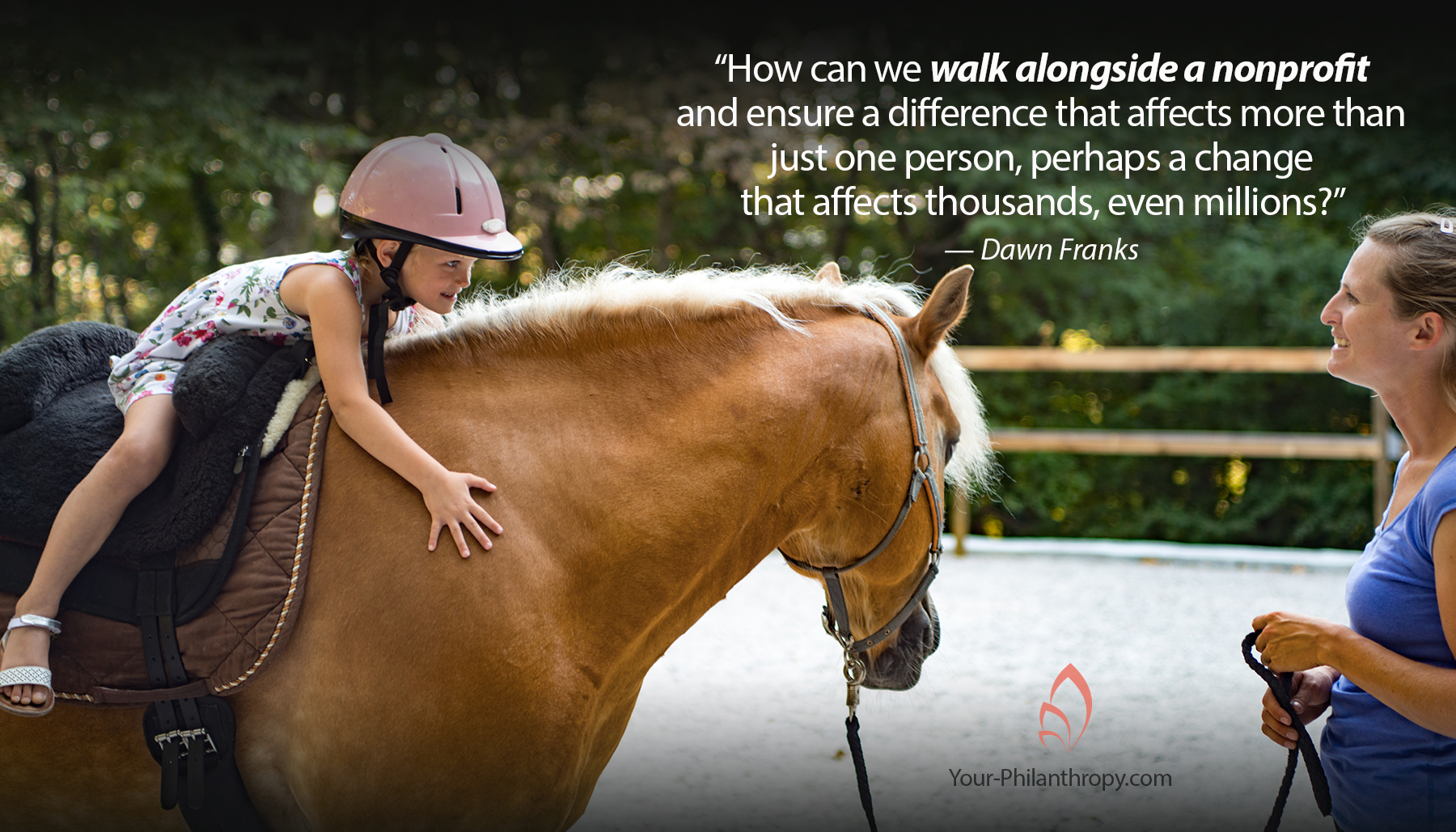The first bicycle I attempted to ride lacked training wheels and was a bit large for me. My cousin was eighteen months older, taller and already had long legs. She made riding look effortless. Only six at the time, I was in between. Not quite big enough for big kid bikes and long outgrown the tricycle.
Horse riding was also on the list of not big enough and no experience. That wasn’t a problem for my grandfather. He loved horses and spent extra cash to grow a small herd. Family pictures show me sharing the saddle with various adults at an early age.
Solo rides were on young horses not big enough to bear the weight of an adult. My grandfather did not hesitate to put a grandchild on a young horse as soon as it was saddled. There were no Shetland ponies in my early riding days, instead young horses not yet grown to their full height and often quite unruly. Landing in the dirt was a frequent event which my grandfather viewed as no more dangerous than falling out of the trees I was fond of climbing.
Looking back, I realize I learned to get on, fall, get up, and do it again. I learned about horses and especially myself. Was grandpa training the horse or a budding cowgirl?
The work of falling, getting up and starting over is typical for everyone, including nonprofit organizations and the donors that support their work.
Why Donating Doesn’t Always Feel Good
What is unexpected is how often a donor to an organization or cause donates, falls from disappointment, gets up and goes at it again. It looks like this: we feel good about donating, then the organizations forget to thank us, have lousy press or low service numbers. Then we must decide to donate again or not.
Nonprofit organizations are always learning about how to do their work, how to serve better or more. Sometimes they are learning about new work, new participants, or clients. The best nonprofit organization apply lessons learned.
How can we walk alongside a nonprofit and ensure a difference that affects more than just one person, perhaps a change that affects thousands, even millions?
Embracing the Complex to Tackle Big Change
Let’s say you want to help end hunger. You’ve been donating to organizations here and worldwide addressing hunger from food boxes for seniors and food-filled backpacks for school kids to teaching farming skills and drilling water wells. You watch for their reports, look at their numbers.
But there is a problem; reports on the number of hungry have become more complicated.
Now they report not just how many are hungry but also include the number of individuals who do not have access to healthy, nourishing food.
Ending hunger has gotten complex with many, many variables, here in America and around the world. And the COVID-19 virus has made it all much worse, everywhere.
The Two-part Answer Facing Every Donor
The answer comes in at least two parts. First, donors must continue to support immediate needs to feed people who can’t afford to purchase food. Or maybe it’s a solution to increase access to healthy food for those who live in a food desert, limited to the corner convenience store full of chips and candy.
The second part is to support new projects testing better ways to get food to people or teach them how to sustain themselves. The key is new and different. The challenge is finding ways to make food systems sustainable and accessible.
Part one: donate now, feed now. Part two: requires the long view and willingness to fund work where results are not evident or easily measured.
As a donor, you have a choice to fund where it matters most to you, part one, part-two or both. This two-step answer applies to any change you would like to see on this planet.
My New Favorite Saying
Step one is immediate, with numbers that satisfy the desire to help. Step two requires patience over time and across oceans with slow results.
I have a new favorite saying, “be impatient for action, but patient for outcomes” from the book Upstream by Dan Heath.
Which one do you pick? Today or tomorrow? Do you like them both?
Like it? Use it. Share it. Comment below.


0 Comments